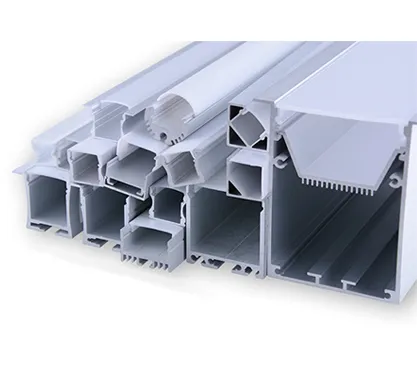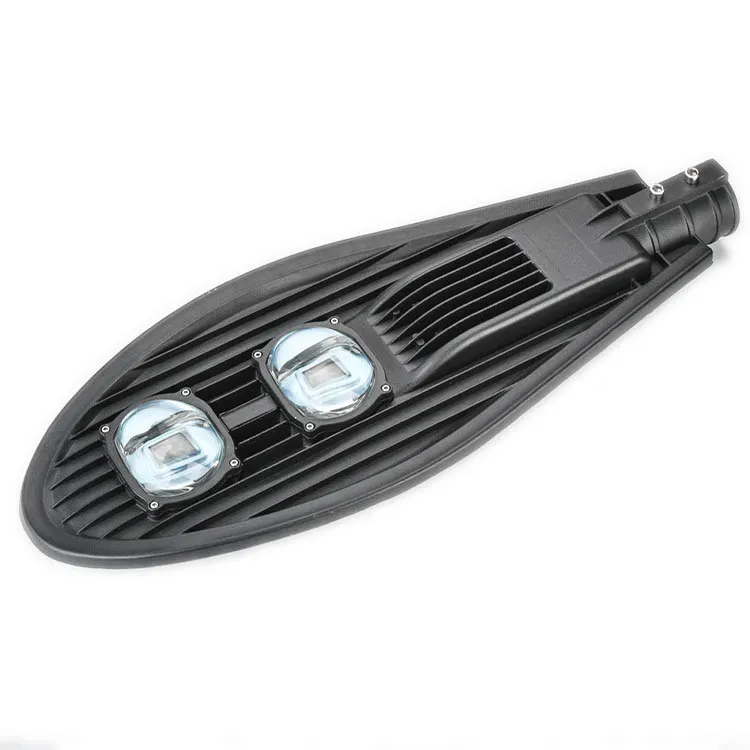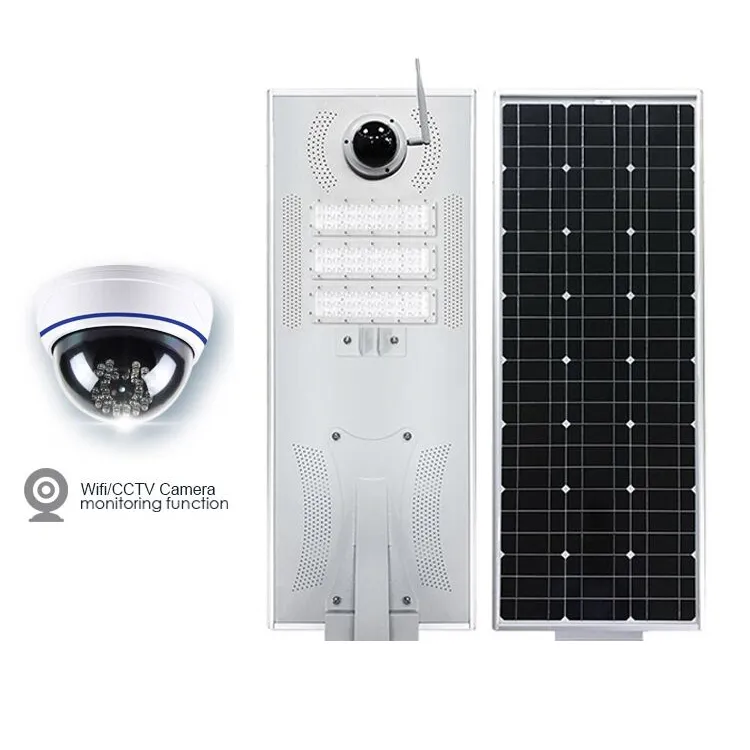
As we continue to look for more sustainable and eco-friendly ways to power our homes and streets, solar lights have become a popular choice. Solar lights are not only energy-efficient, but they also save on electricity bills, reduce carbon footprint, and are easy to install. However, like all technology, solar lights can sometimes fail, leaving you in the dark. In this article, we will look at some of the reasons why solar light failure happens and how to prevent it.
Battery Failure
One of the most common reasons for solar light failure is battery failure. The battery is the heart of the solar light system, and when it fails, the entire system shuts down. Over time, the battery can become weak and unable to hold a charge, reducing the light output or stopping it altogether. To prevent battery failure, it’s essential to choose high-quality batteries that are designed to last longer and withstand extreme temperatures. It’s also important to follow the manufacturer’s instructions on charging and storing the battery.
Panel Obstruction
Another reason for solar light failure is panel obstruction. Solar panels need sunlight to produce energy, and any obstruction, such as leaves, snow, or debris, can reduce the amount of sunlight reaching the panel, reducing the light output or stopping it altogether. To prevent panel obstruction, it’s important to keep the solar panel clean and free of debris. Regular cleaning and maintenance can go a long way in preventing solar light failure.
Faulty Components
Sometimes, solar lights can fail due to faulty components. This could be anything from a damaged solar panel to a faulty LED bulb. It’s essential to choose high-quality components that are designed to last longer and withstand extreme temperatures. It’s also important to check for any damage or wear and tear on the components and replace them as needed.
Inadequate Sunlight
Solar lights rely on sunlight to produce energy, and inadequate sunlight can lead to solar light failure. This could be due to weather conditions, such as cloudy or rainy days, or the location of the solar light. If the solar light is placed in a shady area, it may not receive enough sunlight to power the system. To prevent inadequate sunlight, it’s important to choose a suitable location for the solar light, preferably in a sunny area.
Improper Installation
Finally, solar light failure can also occur due to improper installation. If the solar light is not installed correctly, it may not work as intended. It’s important to follow the manufacturer’s instructions on installation and ensure that all components are securely in place. Improper installation can also lead to damage to the components, reducing the lifespan of the solar light.
In conclusion, solar light failure can happen due to various reasons, including battery failure, panel obstruction, faulty components, inadequate sunlight, and improper installation. To prevent solar light failure, it’s essential to choose high-quality components, keep the solar panel clean and free of debris, choose a suitable location for the solar light, and follow the manufacturer’s instructions on installation and maintenance. By taking these steps, you can ensure that your solar lights work efficiently and effectively, providing you with the necessary light when you need it.
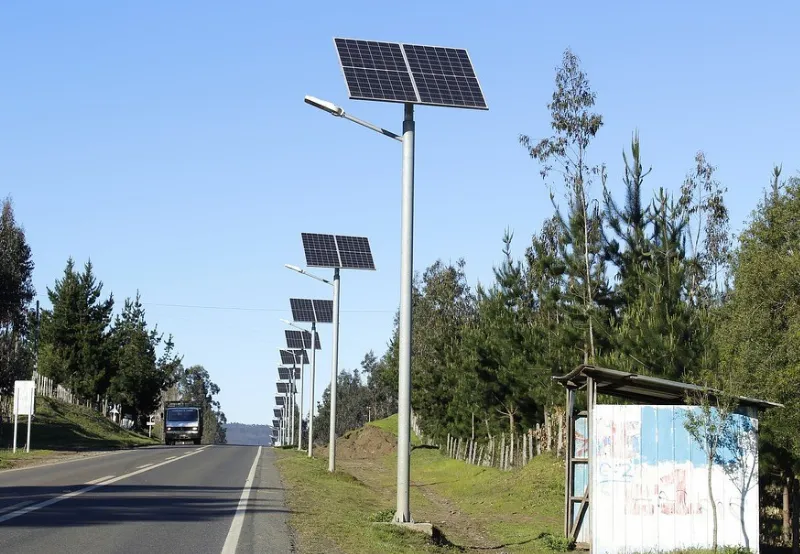
Can my solar lights go bad?
The answer is yes – like any technology, solar lights can indeed go bad. However, there are various reasons for their decline, and knowing these causes can help you prevent them and prolong the life of your solar lights.
In our comprehensive guide, we unveil the factors that can lead to solar light degradation, including battery failure, panel obstruction, faulty components, inadequate sunlight, and improper installation. We provide invaluable insights and practical tips to help you maintain your solar lights and keep them shining bright for years to come.
Don’t let your solar lights fade into darkness! Download our in-depth guide today and learn how to keep your solar lights shining bright and functioning optimally. Illuminate your life with the power of the sun and never be left in the dark again.
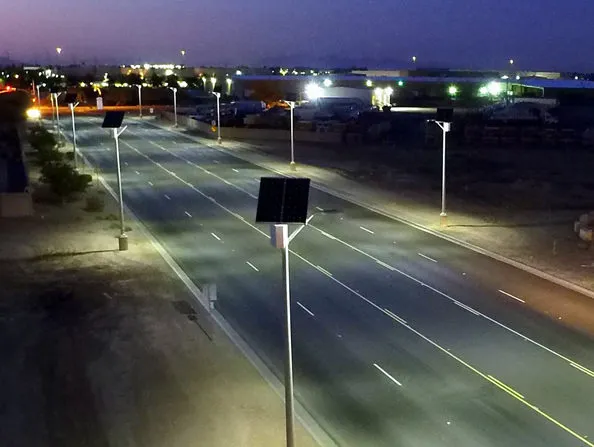
How do I know if my solar light is bad?
why are my brand new solar lights not working?
Identifying a Malfunctioning Solar Light: Key Signs to Look For
To determine if your solar light is not working correctly, watch for these common signs:
- Dim or inconsistent lighting: If your solar light is emitting a weak or flickering light, it could indicate an issue with the battery or LED bulb. A fully charged solar light should provide consistent and bright illumination.
- Shorter runtime: If your solar light is not staying illuminated for as long as it used to, it might be due to a weak battery or insufficient sunlight exposure for charging during the day.
- No illumination: If your solar light fails to turn on at all, it could be due to a dead battery, a faulty component, or an issue with the light sensor.
- Inadequate charging: If your solar light is not charging efficiently during the day, it could be a result of a dirty solar panel, an obstructed panel, or faulty internal components.
To diagnose the issue with your solar light, follow these troubleshooting steps:
- Check the power switch: Ensure that the solar light is switched to the “ON” position.
- Clean the solar panel: Wipe away dirt, dust, and debris that may be obstructing sunlight absorption.
- Remove obstructions: Make sure there are no objects like leaves or branches blocking the solar panel from receiving direct sunlight.
- Charge the battery: Allow the solar light to charge in direct sunlight for at least 24 hours.
- Test the light sensor: If your solar light has a light sensor, cover it to see if the light turns on automatically.
- Inspect the components: Look for visible signs of damage, such as cracks on the solar panel or a burnt-out LED bulb.
- Replace the battery: If none of the above steps resolve the issue, consider replacing the battery.
If your solar light is still not functioning correctly after trying these troubleshooting steps, it may be time to contact the manufacturer for assistance or consider purchasing a new solar light.
Resetting Your Solar Light: A Step-by-Step Guide
Solar lights are a fantastic addition to your outdoor space, providing eco-friendly and cost-effective illumination. However, sometimes they may need a reset to function optimally. Here’s a step-by-step guide on how to reset your solar light:
- Turn off the solar light: Locate the power switch on the solar light, usually found on the solar panel, battery compartment, or light fixture. Turn the switch to the “OFF” position.
- Charge the battery: Allow the solar light to charge for at least 24 hours in direct sunlight. This ensures the battery receives a full charge, which is essential for optimal performance.
- Clean the solar panel: Use a damp cloth to gently wipe the solar panel, removing any dirt, dust, or debris that may be obstructing sunlight absorption. A clean solar panel allows for maximum solar energy conversion.
- Check for obstructions: Ensure that the solar panel is not blocked by objects like leaves, branches, or other items that may prevent it from receiving direct sunlight.
- Test the light sensor: If your solar light is equipped with a light sensor, cover it with your hand or a dark cloth. The light should turn on automatically. If it doesn’t, the sensor might be faulty and need replacement.
- Turn on the solar light: After the 24-hour charging period, switch the solar light back to the “ON” position. Your solar light should now function correctly.
- Monitor performance: Observe your solar light over the next few days to ensure it’s working as intended. If it still doesn’t work or exhibits poor performance, consider replacing the battery or contacting the manufacturer for assistance.
By following these steps, you can easily reset your solar light and enjoy efficient, eco-friendly illumination in your outdoor spaces.

Have more questions?
how to fix solar light sensor?
what to do when garden solar lights stop working?
solar lights not working after rain?
Are solar street light worth it?
Which solar street light is best?
How long do solar street lights last?
What are the two types of solar street light?


